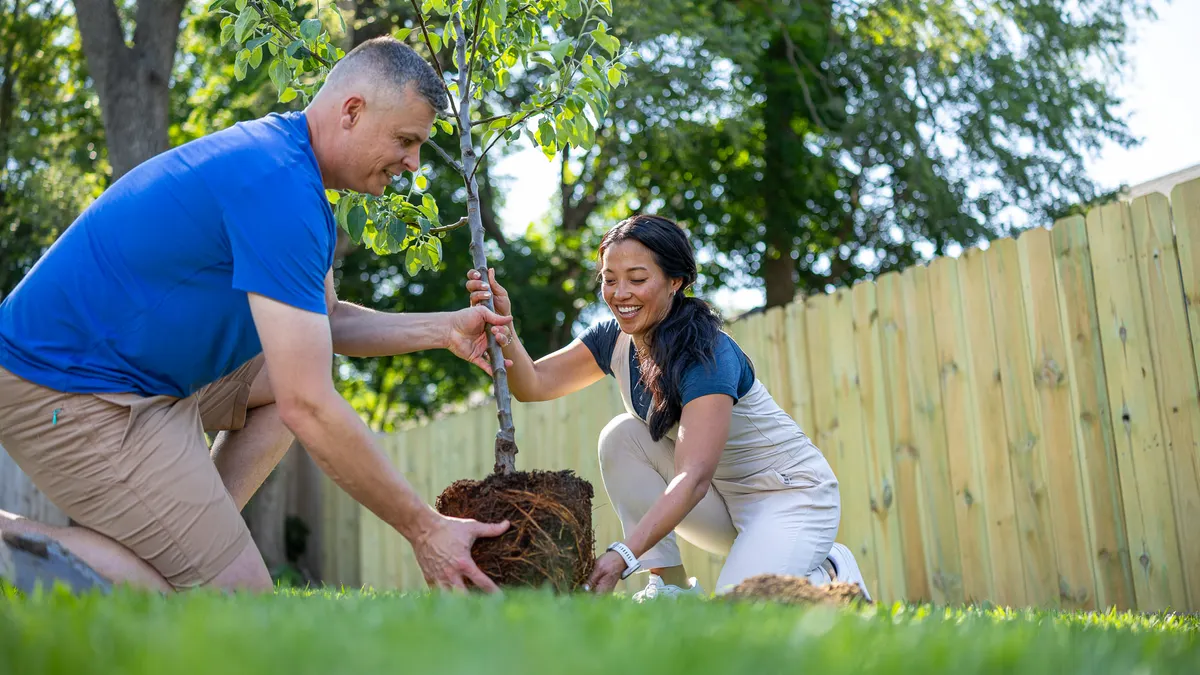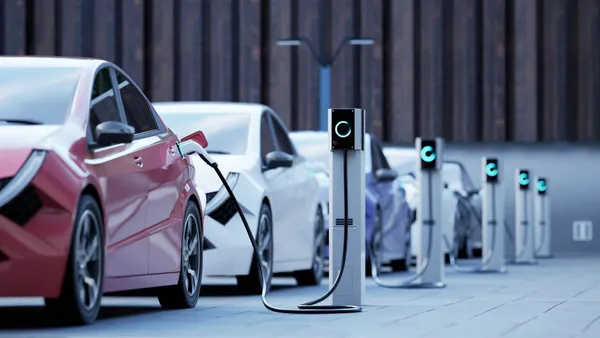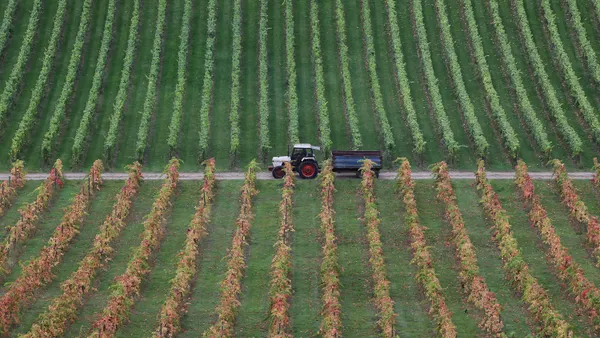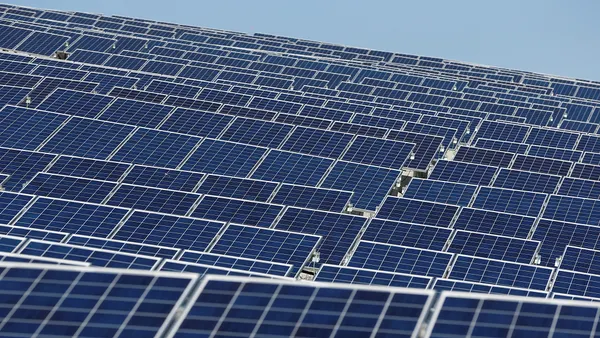Americans recognize and reward companies that are doing right by the planet.
That’s one of the key findings of the 2025 Canopy Report, a nationwide survey conducted by The Harris Poll on behalf of the Arbor Day Foundation. Polling more than 2,000 U.S. adults, the report reveals while most Americans (89%) feel intrinsically motivated to make sustainable, eco-conscious choices, it’s clear they don’t want to go at it alone.
Consumers want business leaders to make a difference, too.
Two in three people believe businesses should be key players in shaping a greener future. In fact, data shows consumers are actually willing to align their values with their spending decisions. According to the Canopy Report, half of all consumers actively seek out information about a company’s environmental commitments before making a purchase. It’s an indication that Americans are eager for businesses to not only take on environmental initiatives but to also openly talk about them as well.
One of the ways businesses can satisfy the consumer demand to support the environment is through tree planting. The Canopy Report takes a deep dive into the strong public support for trees, showing that people innately understand the importance of trees in making their communities more livable. Ninety-five percent of people said they appreciate trees for their ability to clean air, create shade, and provide privacy. Nine in 10 also agreed that trees can have a noticeable, positive impact on both their mental and physical health.
Trees don’t just make people feel better, they also make communities safer. In the past 12 months alone, 61% of Americans say they’ve experienced a natural disaster firsthand, and 62% report noticing significant changes to tree coverage where they live. From hurricanes and wildfires to record-breaking heat, these events are reshaping communities.
But even in the face of destruction, consumers see trees as part of the solution. An overwhelming 90% believe replanting trees is a vital step in helping communities recover from natural disasters. The same percentage believe increasing tree coverage in cities will help cool temperatures and provide much-needed shade. Across the board, Americans see trees as essential infrastructure in a changing world — protecting both people and places.
Yet despite having great appreciation for the many benefits of trees, many consumers are lacking access to them. For the second consecutive year, the Canopy Report found that half of all U.S. adults need to get in a car and drive in order to access their nearest part or green space. Seventy-three percent of consumers said they wish their neighborhood had more trees and an astonishing 91% said communities should be built with trees and green spaces in mind.
From rural towns to city blocks, it’s clear people want to see — and feel — the benefits of trees. And again, consumers are turning to businesses for support.
Nearly 9 in 10 Americans said they believed there was too much responsibility put on everyday consumers to be sustainable, and not enough responsibility put on corporations. Businesses are routinely trusted with leadership beyond the reaches of their specific industry and Americans are eager to see that responsibility expand to the environment. The desire for green leadership was so strong it even united respondents across political parties. Both Republicans (94%) and Democrats (93%) agreed that businesses should be involved in tree planting or support reforestation.
While everyone has a role to play in making eco-conscious choices, larger entities do have an outsized ability to drive tangible, widescale change. The results of the 2025 Canopy Report are a clear indicator consumers want businesses to be leaders in the movement to protect and nurture the environment. Tree planting is one of the most tangible ways companies can meet the moment, helping grow both their bottom line and a healthier, greener future.
Visit arborday.org/esgreport to view the full report. The Arbor Day Foundation will plant a tree in a forest of greatest need for every download.










